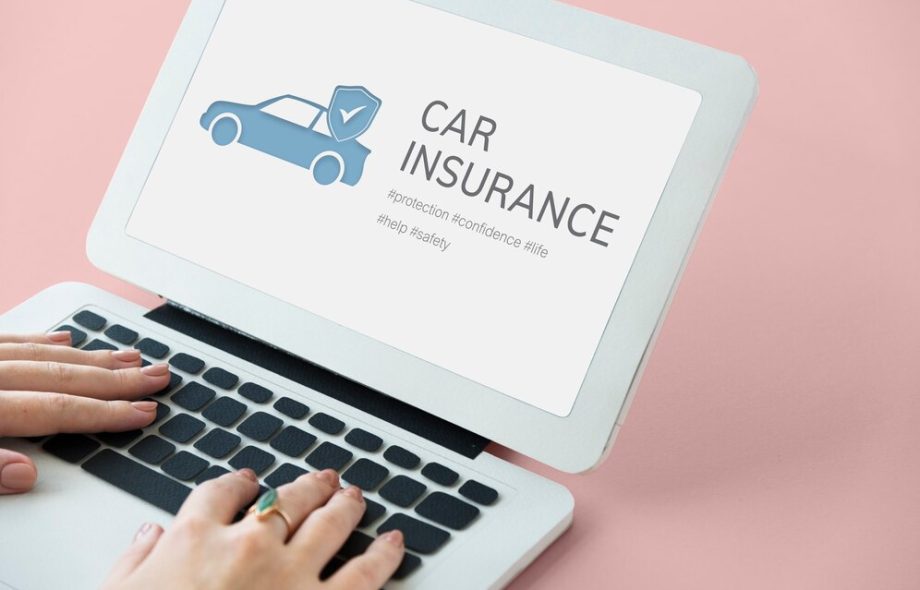Auto insurance is a financial agreement between you and an insurance provider. You pay a premium, and in return, the company offers financial protection in case of car-related damages, theft, or liability. Think of it like a safety net for your wallet when accidents hit unexpectedly.
Why Is Auto Insurance Important?
Aside from being legally required in most places, auto insurance gives you peace of mind. It covers hefty expenses like medical bills, car repairs, or legal fees. Without it, a single accident could drain your savings in a flash.
Types of Auto Insurance Coverage
Liability Coverage
Liability coverage is the most basic—and often required—form of car insurance. It protects others when you’re at fault.
Bodily Injury Liability
This kicks in to pay for injuries you cause to other people. Think medical bills, rehab, even lost wages.
Property Damage Liability
This handles the repair or replacement of someone else’s car, fence, or storefront if you’re the one who caused the damage.
Collision Coverage
No matter who’s at fault, this helps pay for your own car repairs after a crash. It’s especially valuable if you drive a newer vehicle.
Comprehensive Coverage
This takes care of non-collision incidents—like if your car gets stolen, vandalized, or damaged in a natural disaster.
Personal Injury Protection (PIP)
Sometimes called “no-fault insurance,” PIP pays for your medical expenses, regardless of who caused the accident. It can also cover lost wages and funeral costs.
Uninsured/Underinsured Motorist Coverage
If you’re hit by someone with little or no insurance, this type protects you. It ensures you’re not stuck footing the bill.
Gap Insurance
This is a lifesaver if you’re leasing or financing your car. If your vehicle is totaled, gap insurance covers the difference between what you owe and what it’s worth.
Towing and Labor Coverage
Breakdowns happen. This optional add-on can cover towing costs, battery jump-starts, or even locksmith services.
How Auto Insurance Works
Premiums and Deductibles
You pay a premium (monthly or annually), and when you file a claim, you may also pay a deductible. The higher your deductible, the lower your premium tends to be.
Claims Process Explained
Had an accident? Contact your insurer, provide details, and they’ll guide you through submitting a claim. Photos, police reports, and repair estimates help move things along faster.
Role of Insurance Adjusters
These folks investigate the claim, determine fault, and calculate how much the insurance company should pay out. They’re like the detectives of the insurance world.
Factors That Affect Auto Insurance Rates
Driving Record
Speeding tickets, DUIs, or accidents? Your rate will likely be higher.
Age, Gender, and Marital Status
Younger drivers usually pay more. Statistically, married drivers tend to be more cautious, and some insurers reward that.
Vehicle Type and Usage
A luxury sports car costs more to insure than a minivan. Plus, how often and how far you drive can impact your premium.
Location and Zip Code
City drivers face higher rates due to traffic and theft risk, while rural areas often have cheaper rates.
Credit Score
Believe it or not, your credit score may influence your rate. A better score can lead to better premiums.
Tips to Lower Your Auto Insurance Premium
Bundle Your Policies
Combining auto and home insurance with the same company often unlocks discounts.
Increase Your Deductible
Willing to pay more out of pocket in an accident? You could lower your monthly bill.
Maintain a Clean Driving Record
Safe driving doesn’t just keep you out of trouble—it saves you money.
Shop Around and Compare Quotes
Loyalty doesn’t always pay. Comparing quotes annually can uncover better deals.
Auto Insurance Laws by State
Minimum Coverage Requirements
Each state sets its own rules. While liability is standard, the limits vary widely.
No-Fault vs. At-Fault States
In no-fault states, your insurance pays for your injuries, no matter who caused the accident. At-fault states rely on the driver at fault to cover the damages.
Common Myths About Auto Insurance
Red Cars Cost More to Insure
Nope. Insurers care more about the car’s make, model, and engine size than its color.
Older Drivers Always Pay Less
After a certain age, premiums may rise again due to slower reflexes or health risks.
Your Credit Doesn’t Affect Your Rate
In many states, it does. Insurers link higher credit scores to lower risk.
Choosing the Right Auto Insurance Provider
What to Look for in a Provider
Great customer service, clear policies, responsive claims handling, and financial stability are key.
Questions to Ask Before You Buy
What discounts are available?
How do claims work?
Is roadside assistance included?
The Future of Auto Insurance
Telematics and Usage-Based Insurance
Devices or apps that monitor how you drive can help insurers offer personalized rates. Drive safely, pay less—it’s that simple.
Impact of Self-Driving Cars
As autonomous vehicles become more common, insurance models are shifting. Will manufacturers be liable in accidents? The future is still unfolding.
Conclusion
Auto insurance isn’t just a legal formality—it’s a vital layer of financial protection. Whether you’re a first-time buyer or reviewing your current policy, knowing your options and rights makes a world of difference. With the right plan, you’ll not only protect your vehicle but also your peace of mind.
FAQs
What’s the minimum auto insurance I need?
It depends on your state. Most require at least liability coverage, but the exact limits vary.
Can I drive without insurance?
In most states, no. Driving uninsured can lead to fines, license suspension, or worse.
Does my insurance cover rental cars?
Often, yes—but check your policy. Some credit cards also offer rental coverage.
How do I switch insurance providers?
Get a new policy lined up, cancel your old one, and make sure there’s no gap in coverage.
Will my insurance go up after an accident?
If you’re at fault, likely yes. Some insurers offer accident forgiveness for your first incident.


 :
: